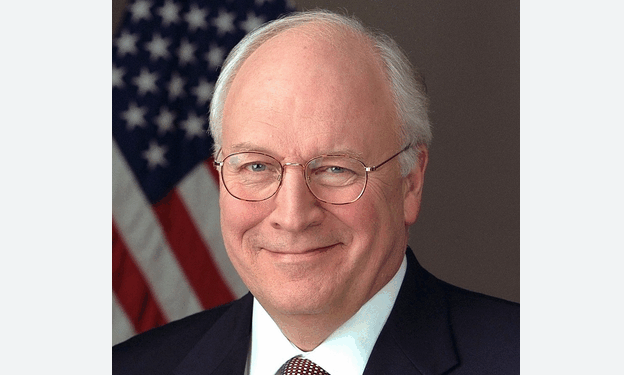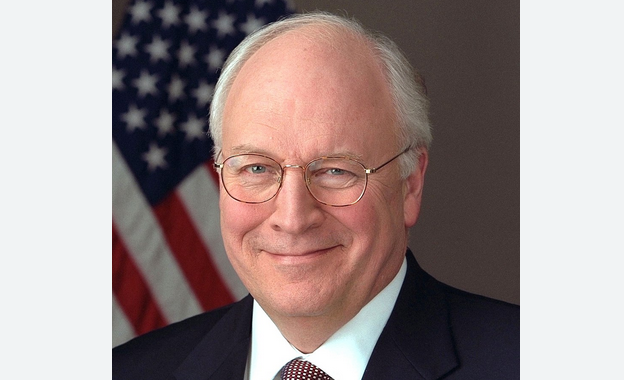Former Vice President Dick Cheney, a steadfast pro-life advocate whose conservative congressional voting record and support for abortion restrictions defined key aspects of his Republican legacy, died Tuesday at age 84.
The cause was complications from pneumonia and cardiac and vascular disease, his family said in a statement.
Cheney had battled cardiovascular issues for much of his adult life, including a heart transplant in 2012.
“For decades, Dick Cheney served our nation, including as White House Chief of Staff, Wyoming’s Congressman, Secretary of Defense, and Vice President of the United States,” the family said. “Dick Cheney was a great and good man who taught his children and grandchildren to love our country, and to live lives of courage, honor, love, kindness, and fly fishing. We are grateful beyond measure for all Dick Cheney did for our country. And we are blessed beyond measure to have loved and been loved by this noble giant of a man.”
HELP LIFENEWS SAVE BABIES FROM ABORTION! Please help LifeNews.com with a donation!
Cheney’s pro-life stance, rooted in a belief in limited government intervention on social issues while prioritizing the protection of unborn life, earned him consistent praise from pro-life organizations throughout his career.
As Wyoming’s lone House representative from 1979 to 1989, he compiled a pro-life voting record, according to analyses of congressional tallies. He reliably opposed federal funding for abortions under measures like the Hyde Amendment, positioning himself as one of the most dependable anti-abortion voices in Congress and aiding his ascent to Republican House Whip.
During his tenure as vice president under President George W. Bush from 2001 to 2009, Cheney championed the Partial-Birth Abortion Ban Act of 2003, which prohibited the late-term procedure known as intact dilation and extraction.
He described the legislation as “historic action” to protect the “weakest members of our society,” noting that Congress had passed it twice with bipartisan support only to see it vetoed by President Bill Clinton. Cheney pledged that the Bush administration would “defend that law confidently and vigorously” against legal challenges.
In a 2004 address to the National Right to Life Committee’s annual dinner, Cheney lauded the pro-life group as a “great movement of conscience” and reaffirmed the administration’s dedication to “equality and dignity for every life,” framing abortion limits as a moral imperative transcending party lines. He also backed broader efforts to curb abortion rates, including promotion of adoption and parental notification laws.
During the 2000 presidential campaign, Cheney stated: “Governor Bush and I have emphasized that while we clearly are both pro-life, that we want to look for ways to try to reduce the incidence of abortion in our society.”
Cheney openly identified as pro-life in public remarks, including a 2000 CNN interview where he said: “I’ve consistently supported the pro-life position.”
He opposed the Food and Drug Administration’s approval of RU-486, the abortion pill now known as mifepristone, citing safety concerns in what he framed as a regulatory debate intertwined with moral considerations.
Beyond his pro-life advocacy, Cheney’s career marked him as one of the most influential vice presidents in American history. He served as White House chief of staff under President Gerald Ford, defense secretary under President Bush’s father and as a Wyoming congressman before ascending to the vice presidency.
In a 2015 Fox News interview, Cheney reflected on his health struggles with characteristic resilience, saying: “I think of my age in terms of, ‘My God, I’m here! I’m alive! I feel good. I can do virtually anything I want to do.’”
He credited his endurance to a heart donor, advances in medicine, his family’s support and the prayers of others.
Raised Methodist, married in a Presbyterian church and later attending an Episcopal congregation, Cheney instilled values of courage, honor, love, kindness and even fly fishing in his family, as noted in their statement. He is survived by his wife, Lynne; their daughters, Elizabeth and Mary; and several grandchildren.












